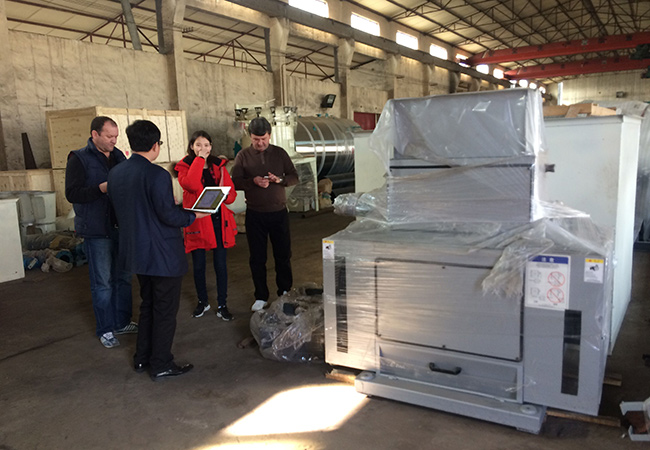Sep . 16, 2024 04:36 Back to list
Grain Oil Refining Machine - High Efficiency Oil Refinery Equipment
The Importance of Grain Oil Refining Machines in Modern Industry
In the world of food processing, grain oil refining machines play a pivotal role in producing high-quality cooking oils that are essential for both culinary and industrial applications. As consumer awareness regarding health and nutrition has grown, the demand for cleaner and more refined oils has increased significantly. This evolution has prompted the need for advanced oil refining technologies that ensure purity, flavor, and nutritional value.
Grain oil, derived from seeds and nuts, is rich in essential fatty acids and vitamins. However, the extraction process often leaves behind impurities, including free fatty acids, phospholipids, and color pigments. These impurities can alter the taste, aroma, and shelf life of the oil. To address this, grain oil refining machines employ various processes, including degumming, neutralization, bleaching, and deodorization, to produce oil that meets stringent food safety standards.
One of the primary functions of grain oil refining machines is degumming. This process involves the removal of phospholipids and other gum-forming substances from the crude oil. By treating the oil with water or acid, these impurities are separated, resulting in a cleaner product that is more stable during storage. Following degumming, neutralization treats the oil with an alkali solution to eliminate free fatty acids, which can negatively affect the oil's flavor and health benefits.
Bleaching is another crucial step in the oil refining process. Grain oil refining machines use bleaching agents to absorb pigments and any remaining impurities, resulting in a clearer and more visually appealing product. The final stage, deodorization, involves subjecting the oil to high temperatures under a vacuum. This step eliminates any unpleasant odors and ensures that the oil retains its desired flavor profile, making it more palatable for consumers.
grain oil refining machine product

The technological advancements in oil refining machinery have also led to increased efficiency and sustainability in production. Modern machines are designed to minimize waste and energy consumption, significantly reducing the environmental impact of oil processing. Innovations such as continuous refining systems allow for the seamless flow of oil through different stages of processing, maximizing output while maintaining quality.
Moreover, the versatility of grain oil refining machines enables them to process a variety of oils, including soybean, rapeseed, sunflower, and corn oils. This adaptability is crucial for food manufacturers who require different types of oils for their products. By investing in high-quality refining equipment, businesses can ensure a reliable supply of refined oils that cater to diverse market demands.
As the global population continues to grow, so too does the demand for edible oils. Grain oil refining machines are thus integral to meeting this demand sustainably and efficiently. With an emphasis on health, safety, and environmental responsibility, the development of these machines is a testament to the ongoing evolution of the food processing industry.
In conclusion, grain oil refining machines are essential for producing high-quality cooking oils that meet the needs of consumers and manufacturers alike. By utilizing advanced refining techniques, these machines not only enhance the quality of oil but also contribute to a more sustainable and efficient food industry. As we look to the future, the importance of investment in such technologies cannot be overstated, ensuring that both health and taste are prioritized in our daily consumption.
-
HP 120 Cold Oil Press-Hebei Huipin Machinery|Energy-Efficient Oil Extraction&High-Capacity Pressing
NewsAug.09,2025
-
HP 120 Model Cold Oil Press - Hebei Huipin Machinery Co., LTD | Automatic Temperature Control, Vacuum Filtration
NewsAug.09,2025
-
HP 120 Model Cold Oil Press - Hebei Huipin Machinery | Oil Extraction, Cold Pressing
NewsAug.09,2025
-
High-Efficiency Black Seed Oil Expeller & Press Machine
NewsAug.09,2025
-
HP 120 Cold Oil Press - Hebei Huipin Machinery|Cold Oil Extraction, Multi-Functional Press
NewsAug.09,2025
-
HP 120 Model Cold Oil Press - Hebei Huipin Machinery | Automated Oil Extraction, High Efficiency
NewsAug.08,2025
